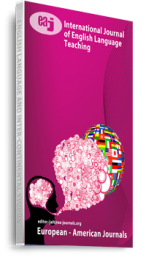This study explores the factors influencing the academic experiences of bachelor’s degree students enrolled in English language courses at the Public Authority for Applied Education and Training (PAAET) in Kuwait. Specifically, it examines the effects of personal, teacher-related, and school-related factors on students’ learning outcomes. Data were collected through a structured survey administered to a random sample of 649 students across five PAAET colleges, including the College of Basic Education, Technological Studies, Health Sciences, and Nursing. A quantitative approach was employed to analyze the relationships between these factors and students’ academic performance. The results indicate that personal factors, such as study habits and motivation, significantly affect academic achievement. Although a notable proportion of students expressed concerns about teaching quality, many also reported positive interactions with instructors, highlighting the importance of teacher-related factors like communication and teaching methods. School-related factors, including classroom environments and institutional resources, were also shown to influence learning outcomes. Some students noted challenges with physical space and class scheduling. Notably, students who attended classes regularly and paid close attention during lectures demonstrated better academic performance, underscoring the role of individual responsibility in academic success. However, external factors such as anxiety, sleep deprivation, and financial instability were identified as major barriers to learning. These findings suggest that improvements in teaching quality, classroom environments, and student support services could enhance academic performance at PAAET, providing a more supportive learning environment for all students.
Keywords: : Academic Performance, English Language, Students, teaching quality

